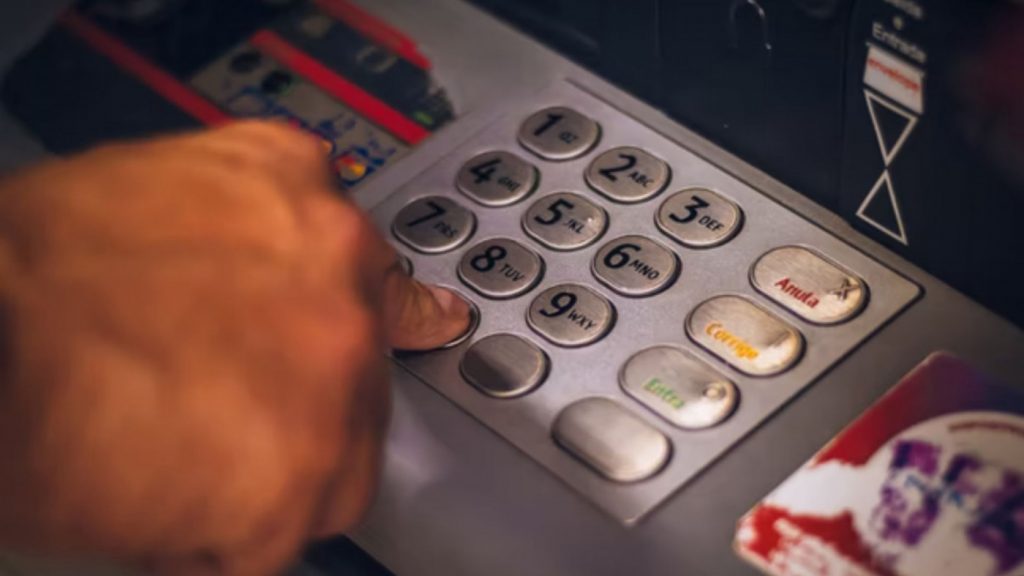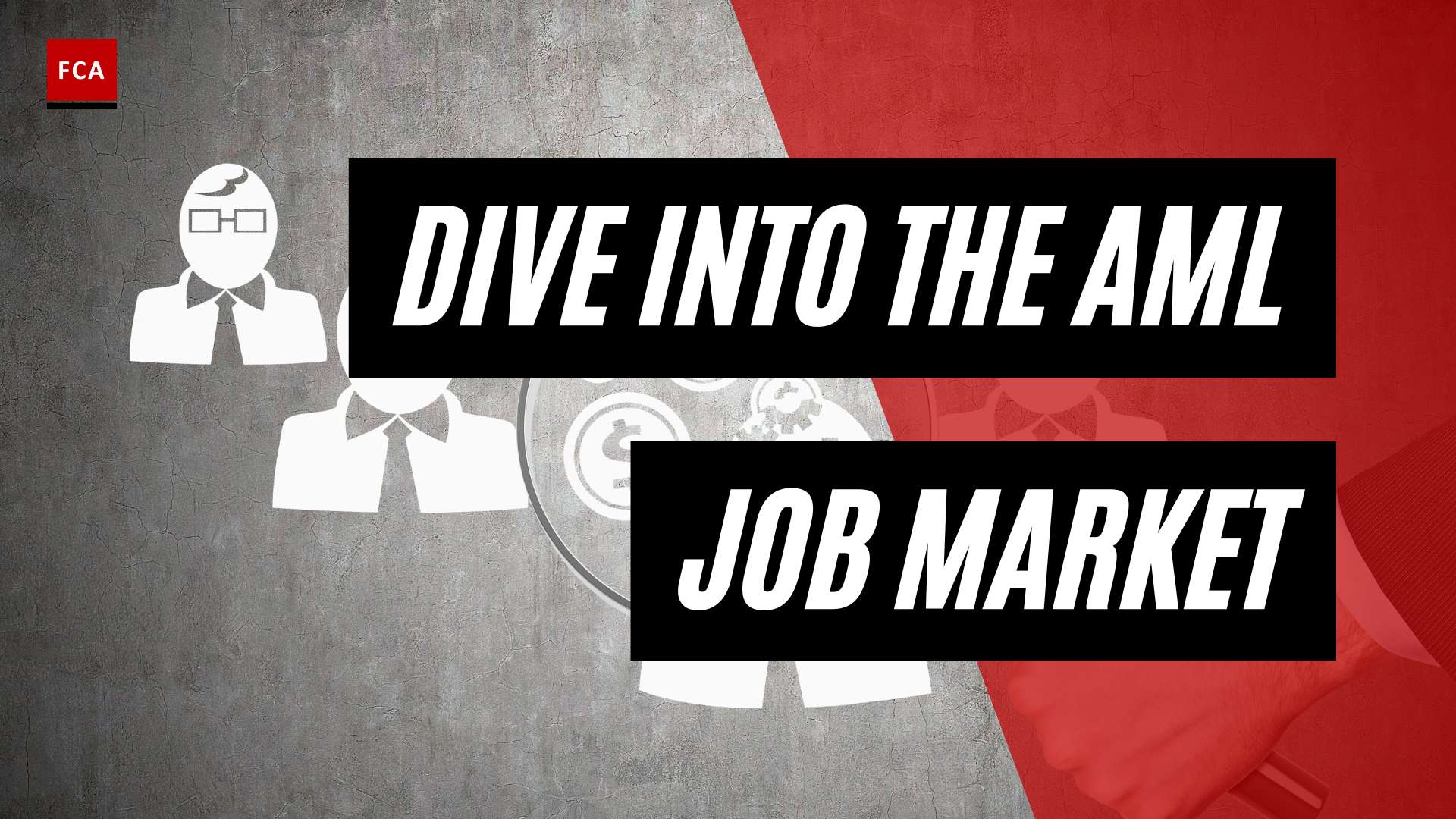Compliance is a defensive wall against financial crime and famous money laundering cases, but it places quite a toll on banks and financial institutions. Reports indicate that $5.6 billion in penalties were paid out to regulators and enforcement authorities in 2020 related to financial crimes. Most of these fines act in response to non-compliance with anti-money laundering (AML) or know your customer (KYC) legislation applicable to financial institutions.
Working from smallest to largest, these are the most famous money laundering cases from 2020 due to failure or significant room for improvement relating to compliance with applicable AML laws and regulations.
Table of Contents
Key Takeaways
- AML fines of non-compliance hold banks responsible for not following legislation to prevent money laundering schemes.
- The largest money laundering fines of 2020 take place across the USA, Sweden, Australia, and Malaysia.
Commerzbank
One of the most significant fines in the UK is related to the London branch of Commerzbank. In June of 2020, Commerzbank faced a $50 million fine. This German banking corporation failed to enact applicable know-your-customer regulations relating to thousands of the bank’s customers and ignored multiple warnings from the prudent regulator beforehand.
In 2016 and 2017, the bank failed to comply with AML and KYC legislation. With a resource deficiency of employees working in the anti-money laundering department, Commerzbank hired 47 new employees, bringing their departmental total up to 50 AML professionals to avoid future fines.
Even so, the bank failed to accommodate and provide adequate AML protection and was charged.

Deutsche Bank
Involved in two separate problems, the bank faces challenges in the US and UK for failure to comply with various regulations. With fines exceeding $150 million, this German bank has been tied to many controversies across the world in recent years.
The location in New York faced severe fines for crimes tied to non-compliance with KYC legislation after being entwined to the late Jeffrey Epstein. Epstein, convicted of various abuse crimes, put the bank at risk after failing to follow KYC laws.
Deutsche Bank reportedly chose not to follow the rules in place even knowing the criminal history of Epstein, allowing various apprehensive transactions upwards of millions of dollars. Similarly, Deutsche Bank paid out $600 million in fines in 2017 related to a Russian money-laundering scandal.
SEB
Moving upwards in severity, the Nordic banks face some of the largest money laundering schemes in Europe. Involving illegal money movement from Russia to Eastern Europe, these $200 billion worth of transactions cost the bank hefty fines.
Denmark being in the middle of this crime, the Danske Bank received fines for AML and KYC compliance failures. Even more sore, Swedish regulators took action against the Skandinaviska Enskilda Banken AB, the SEB.
The SEB overlooked AML compliance laws, ultimately permitting money laundering of at least $6 billion. These fines reached $150 million in 2020 for not obeying the set-out legislation.
Westpac Bank
This Australian financial service settled in 2020 with AUSTRAC over AML ruins with 19 million worldwide transactions. Avoiding the laws ultimately led them to one of the most considerable fines in history.
Westpac avoided multiple legislations of the AML and Counter-Terrorism Act 2006. Reporting estimated amounts of approximately $11 billion, the banks’ ignorance of the legislation led to the punishments.
The banks’ ignorance was deemed related to overseas pedophile rings in Southeast Asia with severe reprimands. With many network transactions tied, this settlement was taken to the government for investigation, leading to $1.3 billion in fines.
Goldman Sachs
Finally, the world-renowned Goldman Sachs is the largest noted fine from 2020. The largest fine imposed in the US marked the first time the company had ever pleaded guilty to any financial crime in its entire history; 151 years.

In the works for more than ten years, the Malaysian unit of Goldman Sachs was involved in the 1MBD scandal. The company was involved in crimes including bribery, money laundering, and severe misuse of customer funds. Agreeing to pay out a $2.5 billion fine, another $1.4 billion was fined in order to pay out 1MBD assets to avoid prosecution.
Final Thoughts
The above-listed corporations and financial institutions faced severe penalties for failing to comply with anti-money laundering legislation or know-your-customer regulations. Some financial institutions unknowingly committed severe illegal behavior and crimes by failing to pay attention to the protocols or choosing not to follow them. By understanding and following the laid out conventions, other institutions can avoid these mistakes and help make sure money laundering does not blindly occur.









